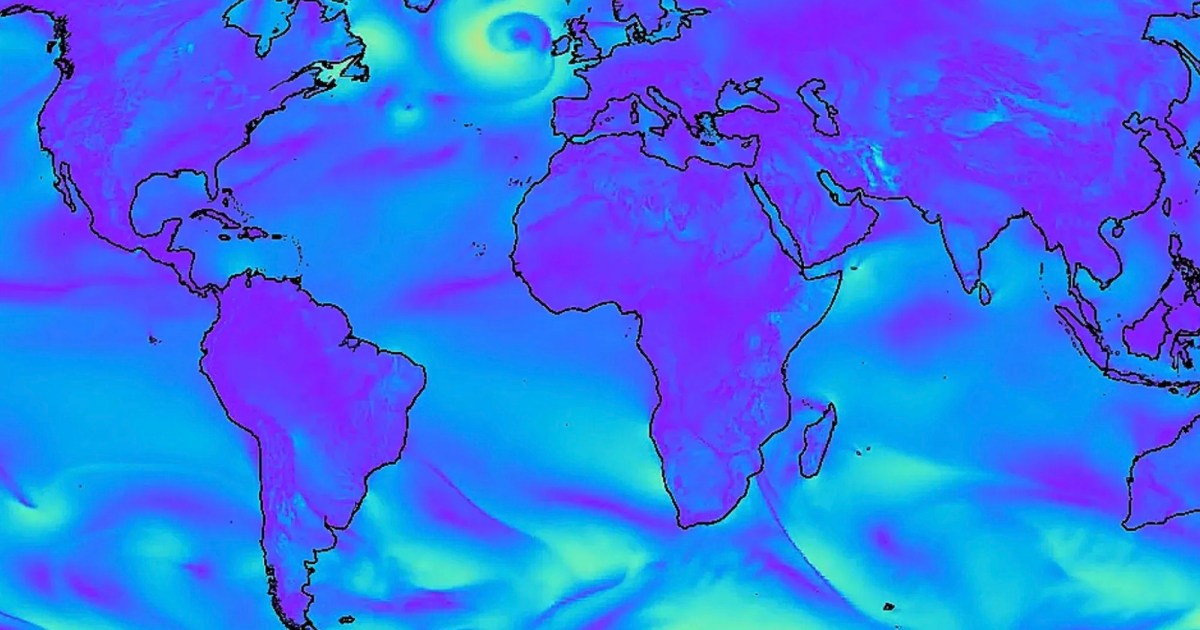
A new AI-powered weather forecasting model can do the job with unprecedented accuracy and significantly faster than current technology.
Built by Google DeepMind — the web giant’s AI-focused lab — GraphCast looks set to revolutionize the process of predicting weather.
GraphCast can forecast weather up to 10 days in advance “more accurately and much faster than the industry gold-standard weather simulation system — the High Resolution Forecast (HRES), produced by the European Centre for Medium-Range Weather Forecasts (ECMWF),” Google DeepMind said in a post on Tuesday.
Notably, the model can also offer earlier warnings of extreme weather events and predict the movement of cyclones more accurately, giving the authorities and residents more time to prepare for damaging storms, potentially saving lives in the process.
When Hurricane Lee struck eastern Canada in September, GraphCast accurately forecasted that it would make landfall in Nova Scotia nine days before it did so, while traditional forecasts only made the same prediction about six days in advance.
GraphCast has been trained on four decades of weather data, enabling it to learn the cause-and-effect relationships behind Earth’s weather systems, the DeepMind team said.
Remarkably, GraphCast takes less than 60 seconds to create a 10-day forecast, making it way faster than the conventional approach used by HRES, which, according to the team, “can take hours of computation in a supercomputer with hundreds of machines.”
In a comparison of the two systems, GraphCast gave more accurate forecasts on more than 90% of 1,380 test variables and forecast lead times compared to HRES.
“When we limited the evaluation to the troposphere, the 6- to 20-kilometer high region of the atmosphere nearest to Earth’s surface where accurate forecasting is most important, our model outperformed HRES on 99.7% of the test variables for future weather,” the team said.
As the weather patterns evolve in Earth’s ever-changing climate, GraphCast will only improve as it’s fed higher-quality data.
The team is open-sourcing GraphCast’s model code to give scientists and forecasters access to the technology. This will allow them to tailor it for specific weather phenomena and optimize it for different parts of the world. The ECMWF is already trying out the model.
A study published by Science on Tuesday offers a more detailed look at GraphCast.
“Pioneering the use of AI in weather forecasting will benefit billions of people in their everyday lives,” Google DeepMind said. “But our wider research is not just about anticipating weather — it’s about understanding the broader patterns of our climate. By developing new tools and accelerating research, we hope AI can empower the global community to tackle our greatest environmental challenges.”
Editors’ Recommendations
